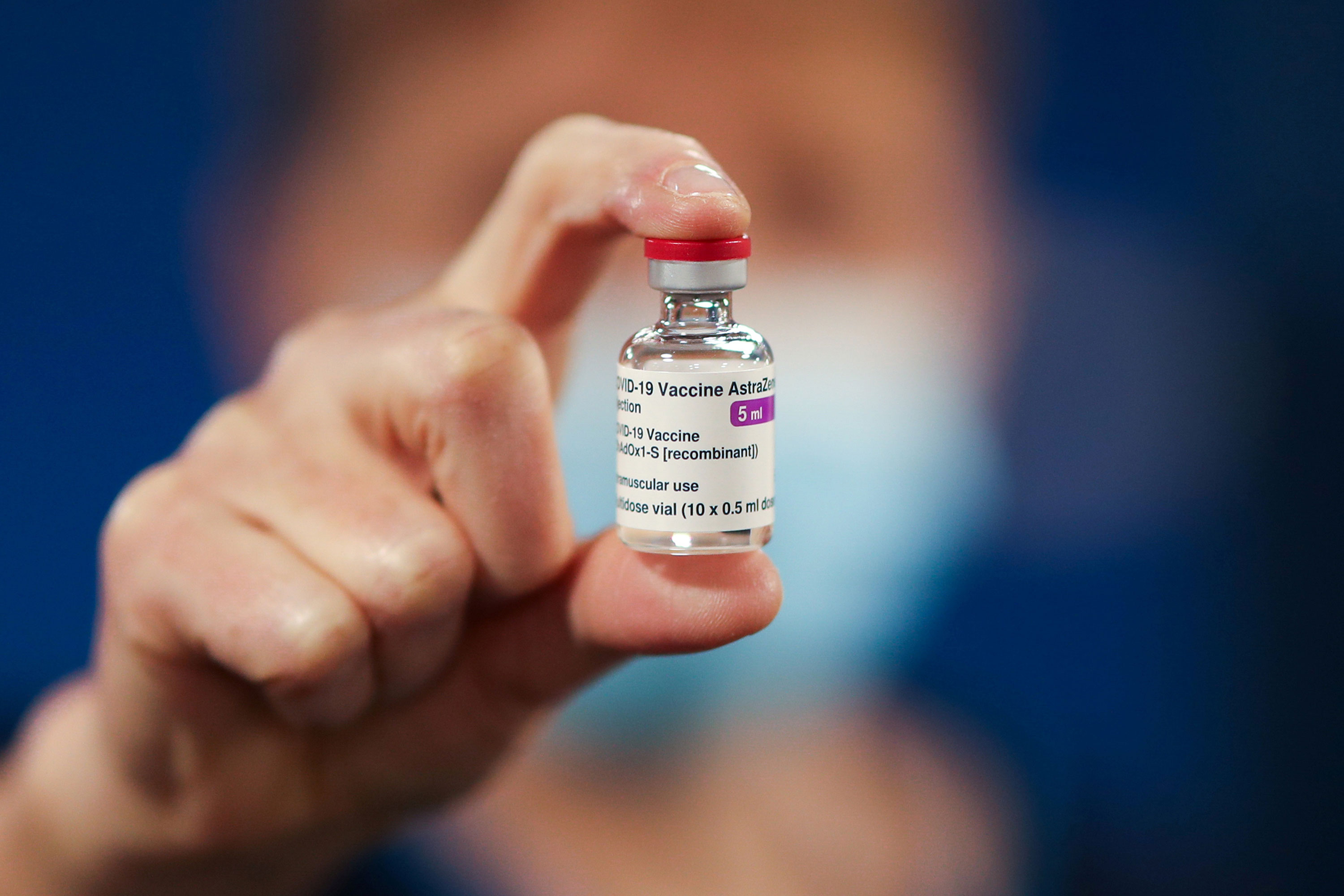
Scotland’s First Minister Nicola Sturgeon urged confidence in the Oxford/AstraZeneca vaccine and encouraged people to continue to come forward to receive it.
Speaking at a daily press briefing in Edinburgh Monday, Sturgeon said: “People should have confidence in the vaccine and I think the numbers of people coming forward, it suggests that people do.”
Her comments come a day after South Africa paused its rollout of the Oxford/AstraZeneca coronavirus vaccine after early data from a study showed that it offered “minimal protection” against mild or moderate illness caused by the more contagious virus variant first identified there, known as B.1.351.
“The subjects in the trial, as I understand it, were predominantly young healthy adults but it’s still believed that the vaccine could protect against severe disease of that new variant,” she said. She continued: “Let me as a final point here stress that the vast majority of virus circulating in the UK is what’s called the B 117 variant, the one that was identified, just before Christmas, and the AstraZeneca vaccine appears to have similar, in other words, good efficacy against that strain compared to previous strains. So people should continue to be vaccinated, with AstraZeneca with confidence.”
Sturgeon said five cases of the South African variant, as well as one “probable case” has been so far identified in Scotland, all with associations to travel: “That’s important because it means that while we monitor this carefully, right now, we have no evidence of community transmission in Scotland.”
Meanwhile, Sturgeon said “vaccine passports” should not be ruled out forever in the UK since proof of vaccination is already required for traveling to certain countries. It comes after the UK’s vaccine minister Nadhim Zahawi rejected the idea on Sunday but said people would be able to seek proof of vaccination from their doctor if needed for travel to other countries.
“I’m not sure it would be right to rule them out forever, but certainly I think it’s premature to be thinking about them as a concept right now given some of the uncertainties that we still have around the vaccine, [such as] its impact on transmission,” Sturgeon said, also pointing to the “ethical questions” around fairness, after Zahawi said it would be “discriminatory.”
“Does that mean never ever ever? I don’t think it would be great to see that right now. But I don’t think it is something that is likely to become feasible or desirable in the immediate future,” she said.
You may also like
-
UK coronavirus variant has been reported in 86 countries, WHO says
-
NASA technology can help save whale sharks says Australian marine biologist and ECOCEAN founder, Brad Norman
-
California Twentynine Palms: Explosives are missing from the nation’s largest Marine Corps base and an investigation is underway
-
Trump unhappy with his impeachment attorney’s performance, sources say
-
Lunar New Year 2021: Ushering in the Year of the Ox

